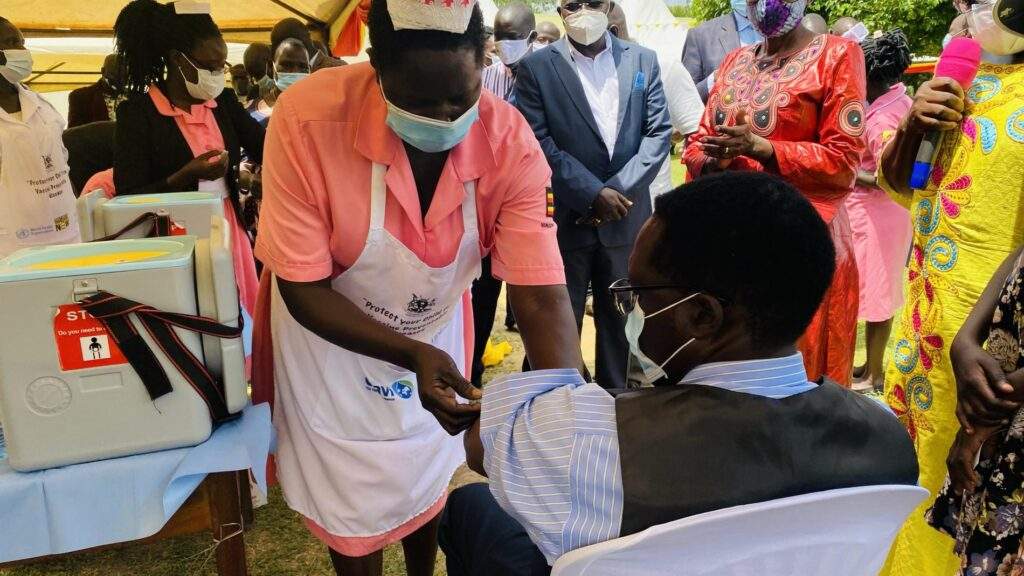In April, Uganda launched a mass vaccination campaign to combat the mosquito-borne yellow fever virus, aiming to immunize millions. However, vaccine hesitancy has resulted in hundreds of unused doses remaining in hospitals nationwide.
Yellow fever has no specific treatment but can be prevented with a vaccine that offers lifetime protection, according to the World Health Organization (WHO). Despite this, the second phase of the government’s mass vaccination program, scheduled from April 2nd to 8th and extended by a week due to low turnout, has not met its goals.
In June 2023, the government targeted 13 million people for vaccination. Combined with the 2024 campaign, the goal was to protect 27 million people. To date, only 12 million have been immunized, falling short of the target and hindering efforts to eradicate the virus.
Yellow fever poses a significant threat to global health, particularly in Central Africa and South America. WHO reports that 27 African countries, including Uganda, are at high risk, with 90% of global cases occurring on the continent. Symptoms include fever, headache, jaundice, muscle pain, nausea, vomiting, fatigue, and bleeding from the nose and eyes. Annually, Africa sees an estimated 84,000 to 170,000 severe cases of yellow fever, with up to half resulting in death.
Dr. Michael Baganizi, program manager for Uganda’s National Expanded Program on Immunization, notes sporadic cases earlier this year. He emphasizes that even a single case poses a national health risk, highlighting Uganda’s status as a high-risk country.
Baganizi attributes vaccine hesitancy to the lesser-known nature of yellow fever compared to diseases like malaria. James Odite, a nurse at a designated vaccination centre in Kampala, observes that most vaccine recipients are travellers, as the yellow fever jab is mandatory for those entering or leaving Uganda. He reports an initial low turnout due to doubts about the vaccine’s safety and suspicions of expired doses.
Local councillor Mosh Ssendi opposes the vaccination program, arguing that natural immunity should be built by surviving infections. Despite the availability of a safe yellow fever vaccine since 1937, Ssendi believes in natural immunity over-vaccination.
Baganizi points out the challenge of educating the public about yellow fever, as many have never witnessed its effects firsthand. He contrasts this with malaria, which is widely recognized and understood. He acknowledges the difficulty in convincing a sceptical public but remains committed to combating the deadly virus.
